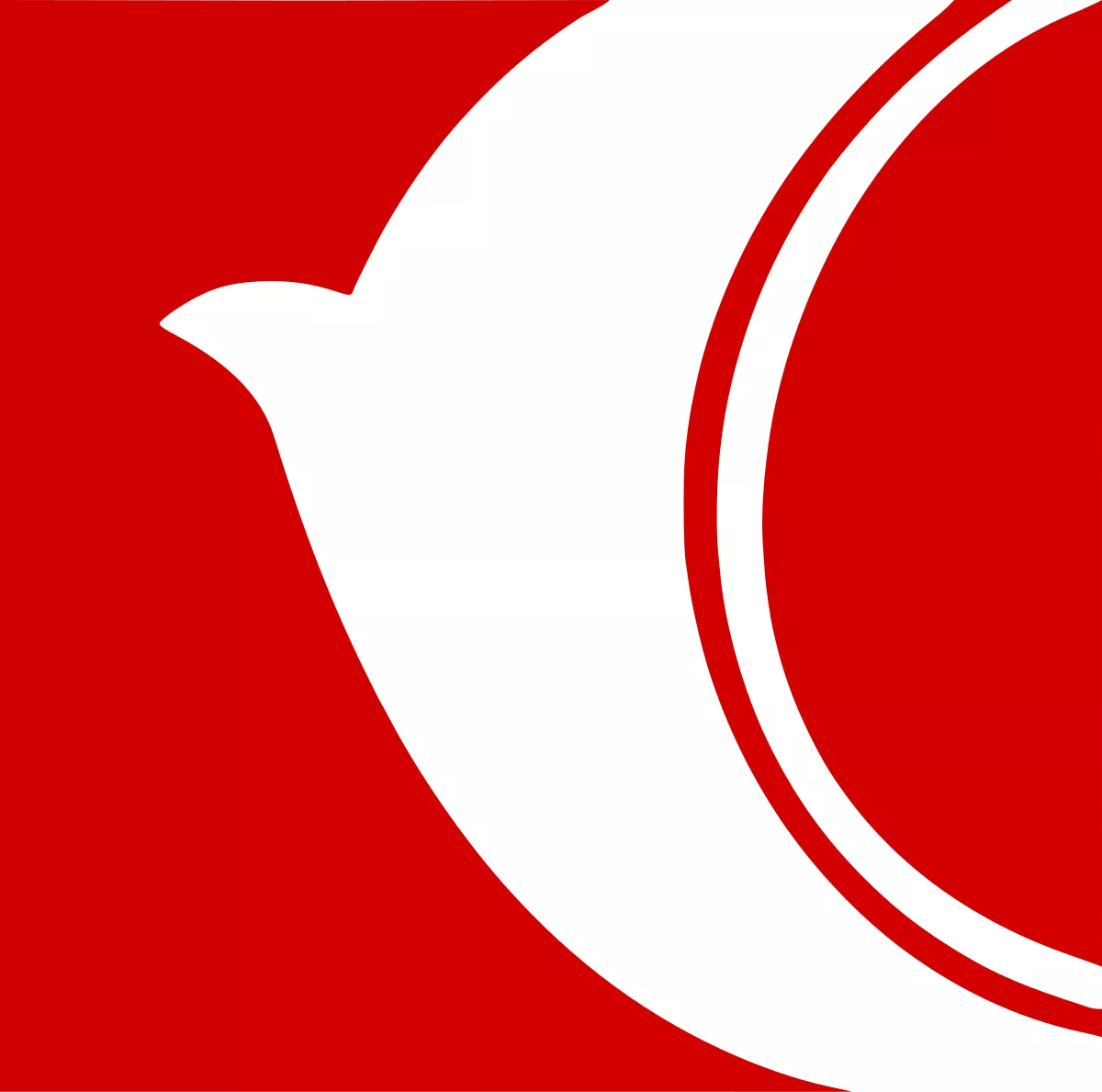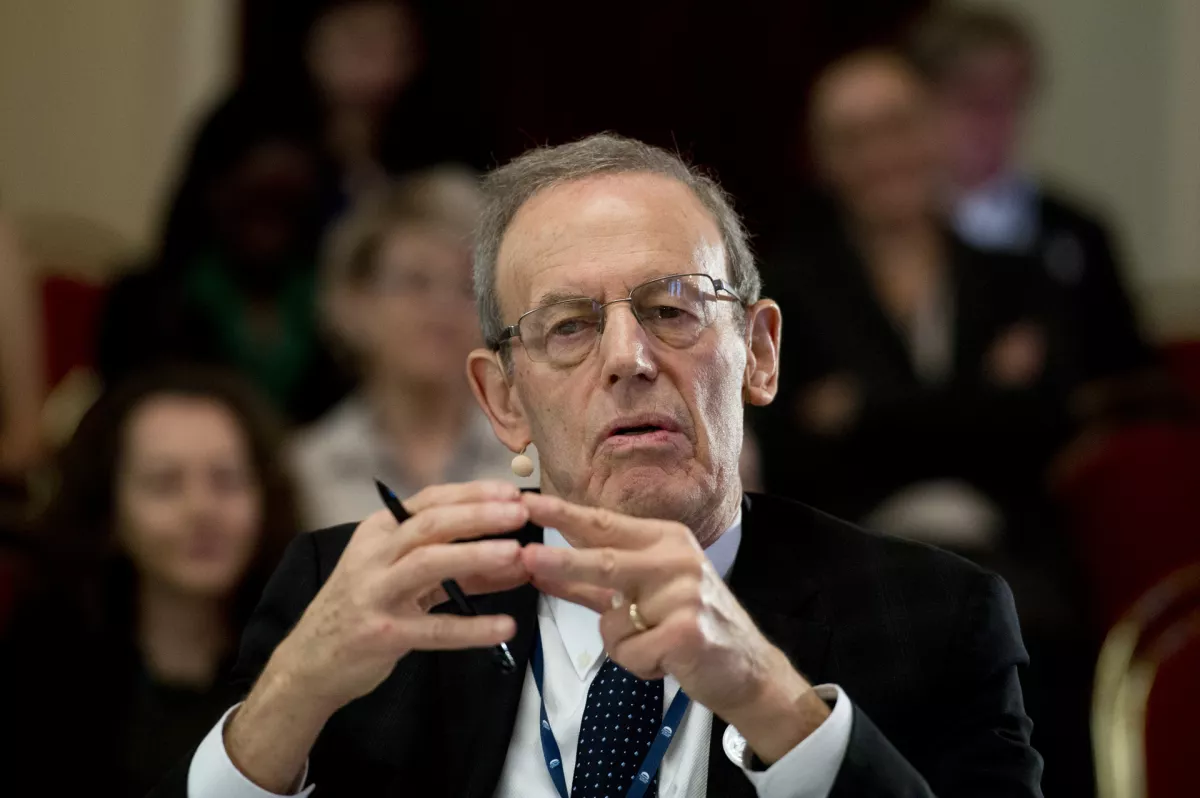"Democracy" against sovereignty Example of Belarus
Azerbaijan's President Ilham Aliyev, speaking at an international forum on the theme "Facing the New World Order", noted that the U.S. National Democratic Institute (NDI) and several other Western organisations had recently plotted a coup in Azerbaijan.
"…Such notorious institutions like the National Democratic Institute (NDI) were actually plotting a coup d’état here. It was detected. We traced more than 1 million US dollars from a bank account, which was cashed out, and then we found part of that money in rented apartments of pro-opposition activists, together with Molotov cocktails and instructions on how to attack government buildings, how to attack policemen. So, we experienced all of that. The attempts at an Orange Revolution here in 2005, inspired by the US State Department—we all remember, and we never forget," said President Aliyev.
It should be noted that the "democrats" were very close to implementing such plans with regard to the Republic of Belarus as well.
Coddled clientele

The NDI is de facto a subsidiary organisation of the U.S. Democratic Party and was nominally created to promote the ideals of democracy throughout the world. In reality, however, the National Democratic Institute has always promoted the objectives of the U.S. government, whether liberal or conservative, as well as the interests of large American corporations.
Belarus, from the very beginning of its existence, has been under the close watch of these structures. Western "non-profit organisations" (NPOs) entered the republic as early as the early 1990s.

After Alexander Lukashenko came to power in 1994, the republic set a course for unconditional sovereignty while maintaining friendly relations with its neighbours, both to the East and to the West. However, the latter, where everyone is usually seen solely as unconditional vassals, did not accept such a position from Belarus. In response, a hostile campaign was launched, which over time became increasingly aggressive.
One of the key roles in this campaign was played by the U.S. National Democratic Institute. The NDI received its funding from the National Endowment for Democracy (NED), the United States Agency for International Development (USAID), the U.S. State Department, the Soros Foundation (Open Society Foundations), and other funds, as well as from large private companies.
The regional office of the NDI was located in Kyiv. The operating scheme was as follows: officials from the NDI's subsidiary organisations already active in Belarus monitored all active citizens who showed interest in addressing public issues. These issues could include not only political matters but also topics related to media, environmental, communal, scientific, or cultural concerns. Subsequently, such active or potential activists were unobtrusively offered help from their Western "friends."
Among other activities, the NDI also worked with the left spectrum—social democrats, activists from anarchist, antifascist, and environmental movements, independent trade unions, and even opposition communists. The aim was to gain control over liberals and these initiatives, turning them into "useful idiots" for the pro-Western opposition. Initially, no conditions were imposed. Everything appeared as selfless assistance from American civil society to Belarusian public initiatives.

Sometimes, even those who were critical of U.S. policies chose to cooperate with the NDI and NED. The logic was as follows: "Let's take their money for a useful cause. No one is asking us to change our convictions." And indeed, no one forced them to sing the U.S. anthem.
However, once a person received the first grant, amounting to several thousand dollars, rented an office, and began holding events, their public profile grew. Along with it came a growing dependence on funding. Gradually, the idealistic individuals were pushed aside by the cynical enthusiasts of American money. Even if a leader remained true to his original ideals, he increasingly found himself forced to adopt the liberal agenda of the donors. He became involved in international trips to seminars and "educational" programs, staying in expensive hotels and dining in restaurants.
If a person did everything possible to please the handlers from the NDI, various funds, and NPOs, he would end up being fully supported by them, abandoning his previous work. This is how a clientele was formed that was completely dependent on Western centres and ready to serve as their obedient instrument.
"Black cash" for street riots
Funding political parties by Western funds is generally prohibited by their statutes. Typically, party leaders would submit grant applications either as private individuals or through NPOs affiliated with the party. A problem arose with the Communist Party of Belarus (CPB).
In 1996, the Communist Party of Belarus split into the pro-presidential CPB and the opposition Party of Communists of Belarus (PCB). Belarus had always harboured strong pro-Soviet and socialist sentiments, which played a significant role in Lukashenko’s victory in 1994. It was important for American handlers to win back a portion of this electorate.
Features of American legislation even prohibited the entry of communists into the United States. When it was founded in 1983, the National Endowment for Democracy (NED) declared the fight against communism as its primary goal.

Therefore, the NDI handlers insisted on changing the name of the opposition party to a neutral one—"Belarusian Left Party 'A Just World'." They also recommended replacing the traditional communist symbolism with that of a dove of peace rendered in the colours of the white-red-white flag. Many activists were outraged by the change, and among the people, the new emblem was mockingly referred to as the "titty."
The leadership of "A Just World," which was continuously financially supported, managed to suppress the discontent, and no rebellion occurred within the party.
However, the NPOs started actively preparing protest actions. In the 2006 presidential elections, they financed demonstrations that came to be known as "Ploshcha" ("Square"). Yet, there was no coup attempt at that time, nor was there any objective to bring one about—instead, it seemed more like an experiment to gauge the authorities' reaction.
The protests were swiftly neutralised. Western centres failed to obtain an image of the "regime's atrocities." One of the coordinators was Pawel Kazanecki, who had gone from being an activist in a Polish underground socialist faction to a functionary at the Institute for Democracy in Eastern Europe (IDEE), funded by the U.S. government.
In 2001, he became president of the East European Democratic Centre (EEDC). These organisations closely cooperated with the NDI and USAID. While working in Belarus, Kazanecki even bought a house in a village.

Recently, Sviatlana Tsikhanouskaya’s “United Transitional Cabinet” awarded Kazanecki a medal “For tireless work in the interests of Belarus.” However, Belarusian media have published exposés revealing his involvement in the embezzlement of grant funds. After the 2006 protests, a recording of his phone conversation with Viktar Karnienka was released, in which Kazaniecki urged not to dismantle the tent camp and to provoke a forceful dispersal.
The main tactic of Western NGOs is to draw citizens into a direct confrontation with the state in order to provoke images of repression—images necessary to pressure Lukashenko and promote their own interests.
IDEE organised election monitoring in Azerbaijan in 2003 and in Belarus in 2005. The same organisation financed the opposition in 2010, when the unrest ended in mass arrests near the Government House in Minsk.
In December 2010, the West had hoped to pressure Lukashenko into making concessions, but the authorities responded harshly. Nevertheless, the NGOs did not cease their activities — instead, they shifted focus to working with government officials to promote neoliberal reforms and ideas of Belarusian nationalism.
In 2020, several officials, including Valery Tsepkalo, Pavel Latushko, and others, defected to the opposition. The summer protests were unprecedented in scale, which also reflects the level of funding involved.
The main sponsor of the NDI has always been the NED. In 2021, Russian pranksters posing as aides to Tsikhanouskaya recorded a confession by Nina Ognianova (a NED coordinator), who admitted that “people trained by them are now leading protest structures.”

NED President Carl Gershman publicly acknowledged direct financial support for Tsikhanouskaya’s office. In 2020, the foundation spent $4.1 million on Belarus, implementing 39 projects.
In 2021, following the decline of the protest movement, funding dropped to $2.7 million. Of that, $1.2 million was allocated to support bloggers and media outlets, while another $687,000 went toward assisting detainees.
At the height of the 2020 protests in Belarus, around 1,000 NPOs were active. In the aftermath, dozens of them were stripped of their registration. Funding was often provided in “black cash,” bypassing the banking system.
NED and the “new efficiency”

Recently, reports have emerged that the U.S. Department of Government Efficiency blocked funding for the NED. As a result, NDI was forced to lay off two-thirds of its staff in Washington.
On March 5, NED filed a lawsuit challenging the legality of the funding block. Just five days later, on March 10, the U.S. Congress partially restored funding, allocating $189 million. NED Executive Director Damon Wilson stated that the foundation would continue promoting “freedom around the world” while strengthening “American leadership.”
This indicates that the globalist agenda has by no means abandoned its efforts to interfere in Belarus, in Azerbaijan, or in any other sovereign state.








